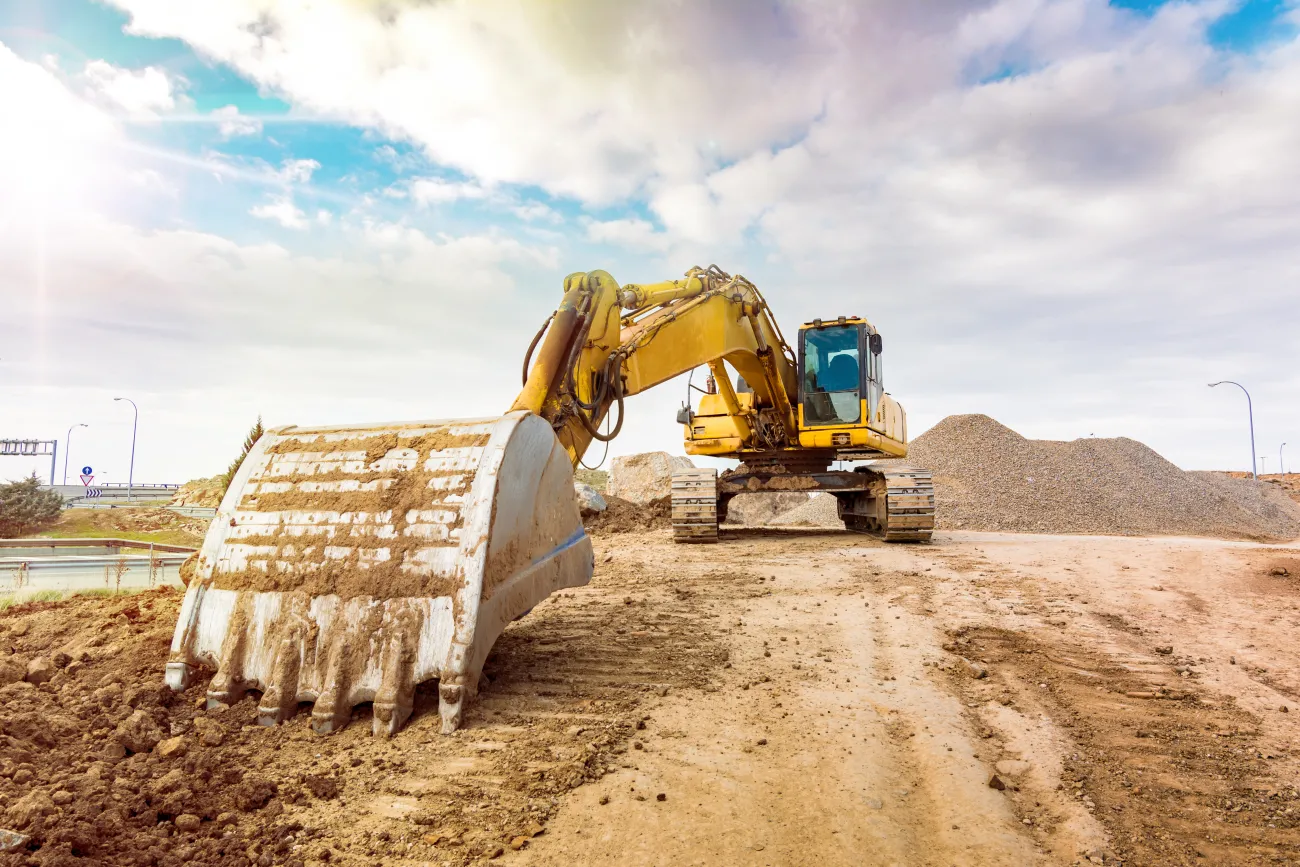
What Does a Construction Equipment Operator Do?

Responsibilities
- Operate heavy machinery to move materials at building sites
- Maintain equipment and make basic repairs
- Communicate effectively
- Monitor machine gauges and adjust as needed
- Follow all safety standards
How To Become a Heavy Equipment Operator: FAQs
The bottom line:
If you like working outdoors and have no interest in being behind a desk, consider this in-demand career. It’s an opportunity to literally help your community grow by building new roads and structures. Plus, it’s a satisfying career that doesn’t require a four-year degree that could leave you in debt. (Instead, you’ll be ahead of the game and earning a paycheck!) If this appeals to you, check out SkillPointe’s training links for programs near you.

Why becoming a heavy equipment operator is worthwhile
Rachel Ratican always thought she'd go into a medical profession, but seeing the pride that her father showed every time they drove by one of the places he'd helped build changed her mind.
"I wanted that for my children; I wanted them to see a strong woman who did her part to help the community the way my father did," she says.
A sense of pride brought her to the construction industry, but it's the good pay and teamwork that keeps her there.
"Turns out earning a living wage and not going into debt was the best choice I’ve ever made!"
Find out what else she has to say about becoming a heavy equipment operator.
Are there certification requirements for this career?
Find Construction Equipment Operator Training In Your Area
Need help reaching your goals?
Explore our Financial Resources page for scholarships, FAQ answers and student support services.

